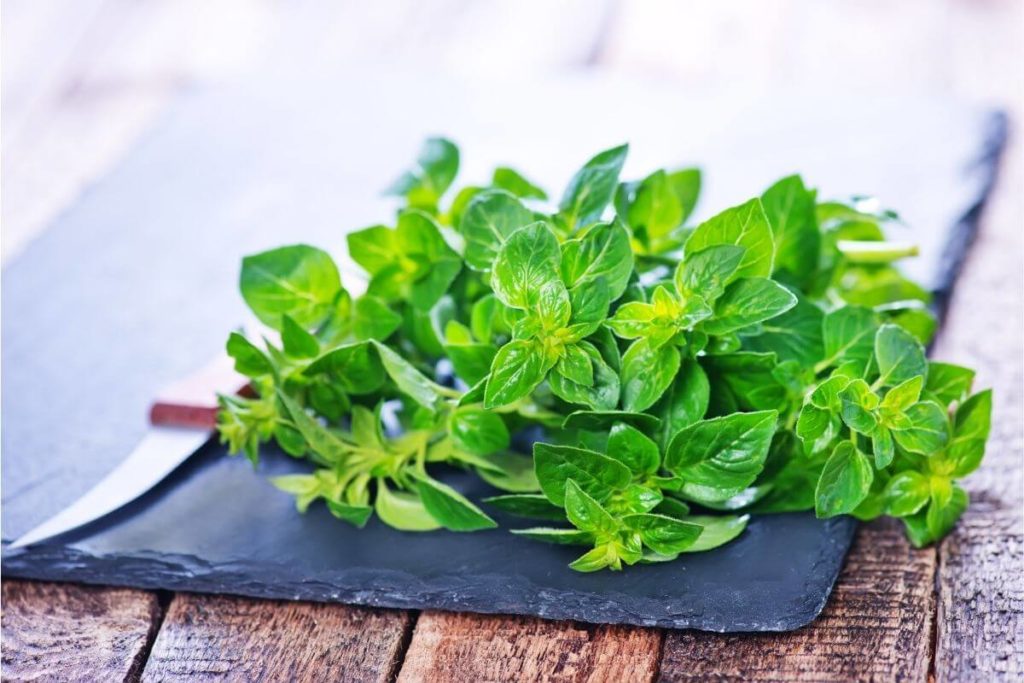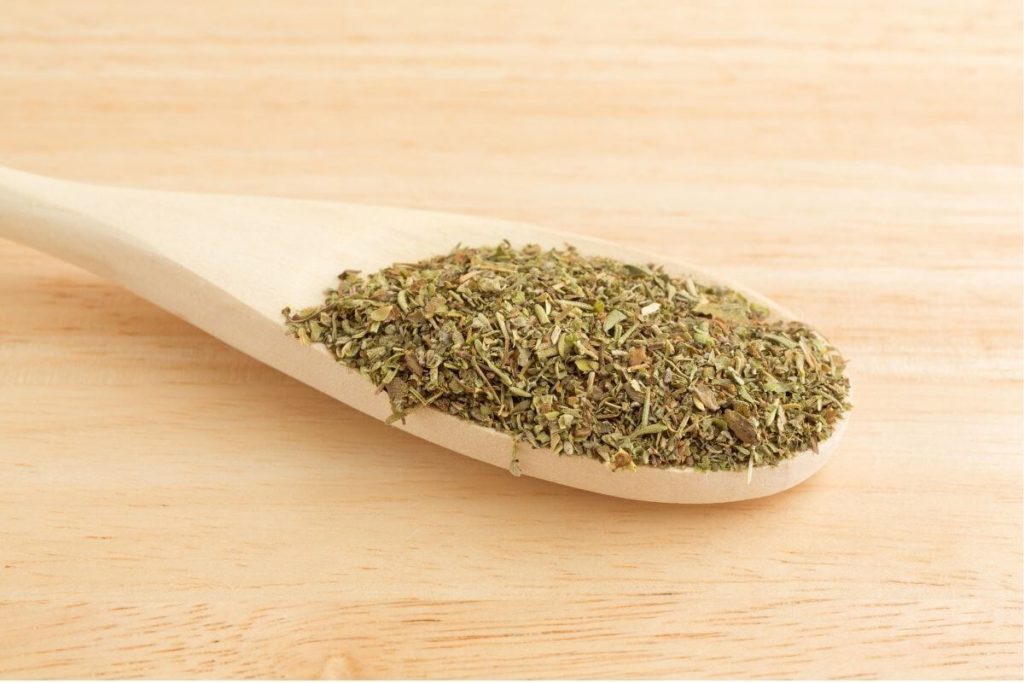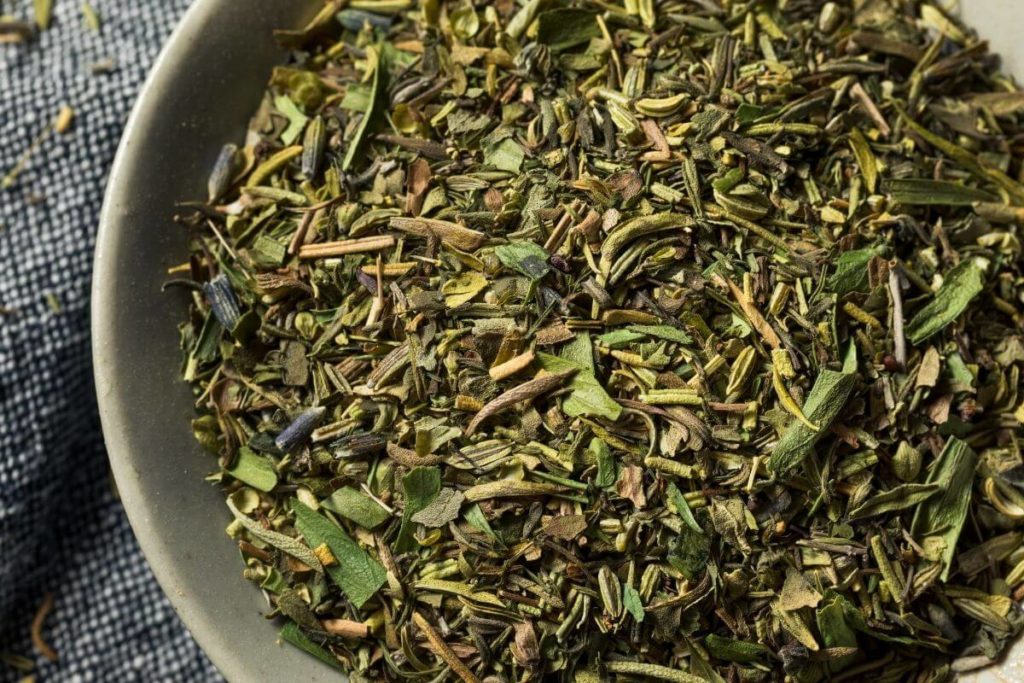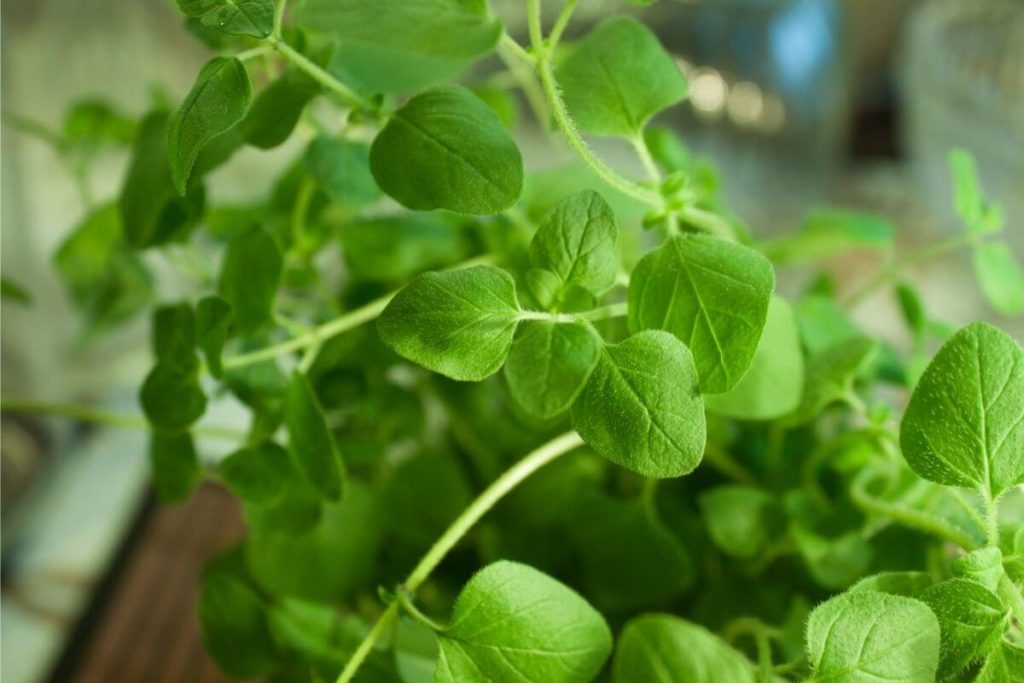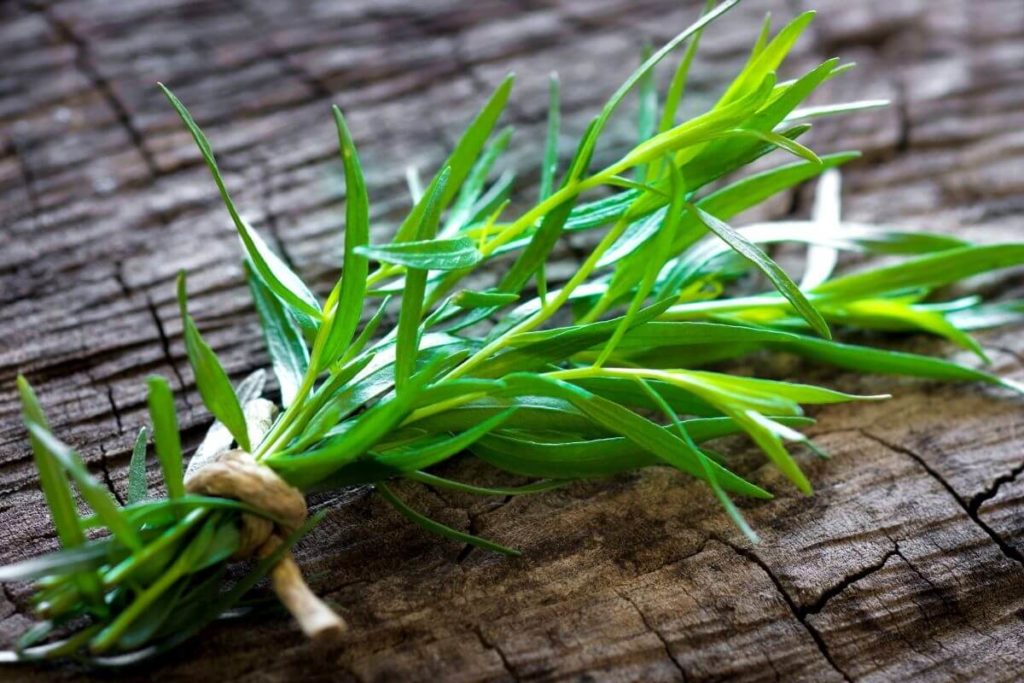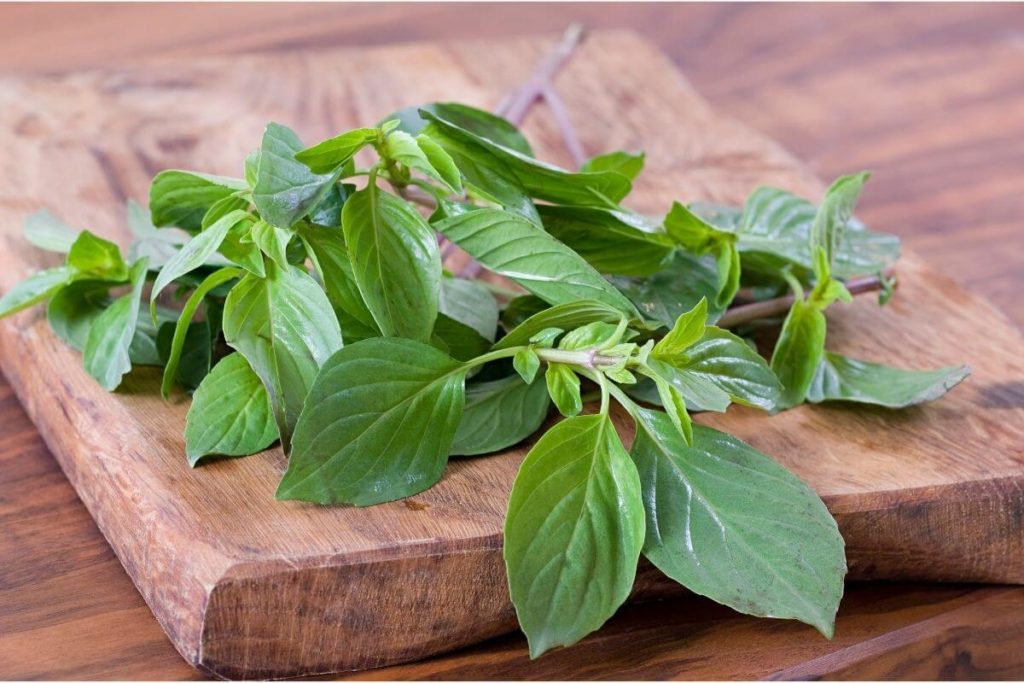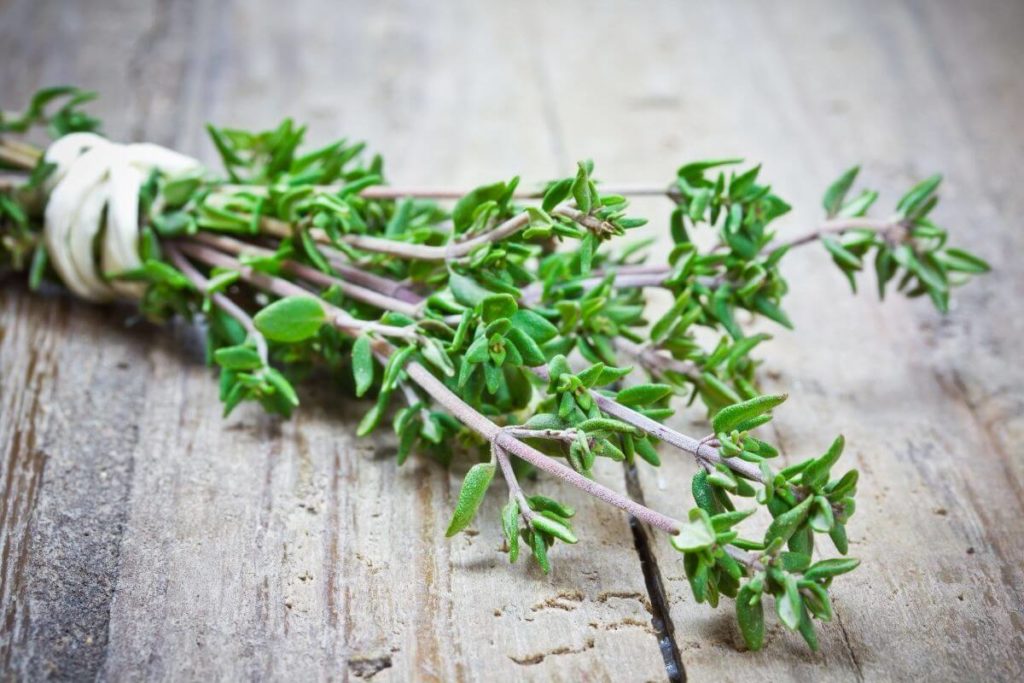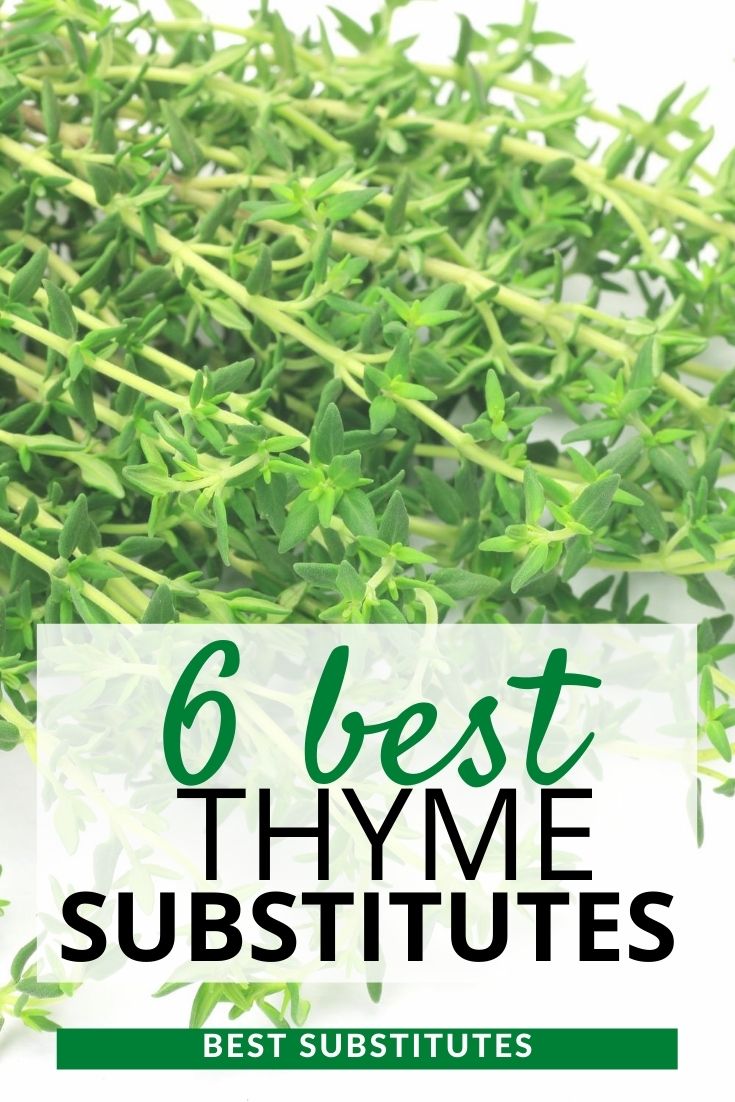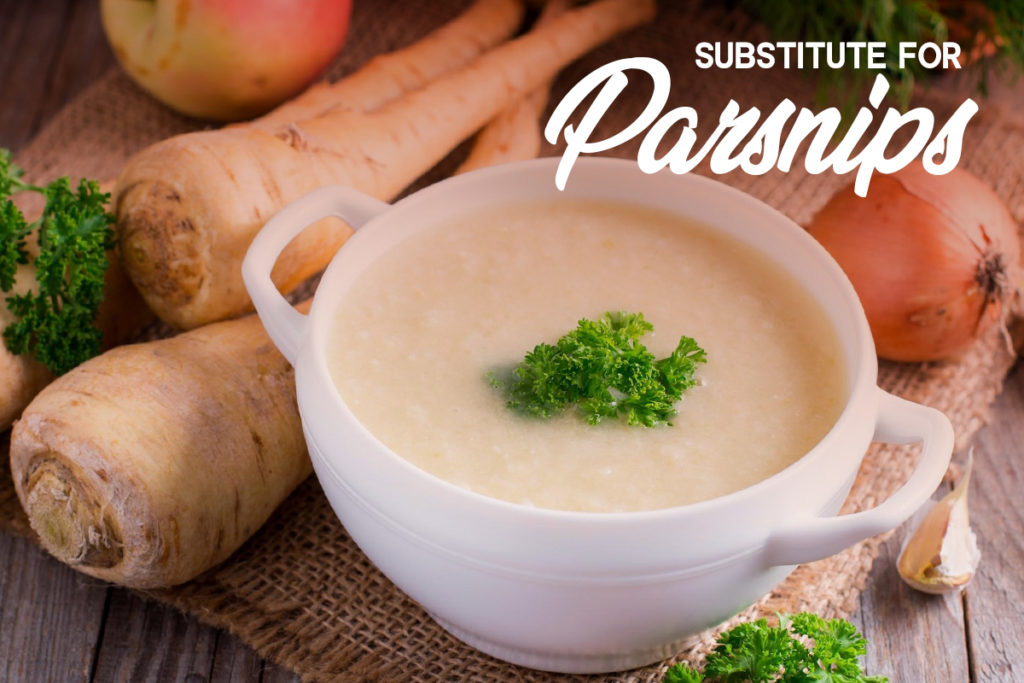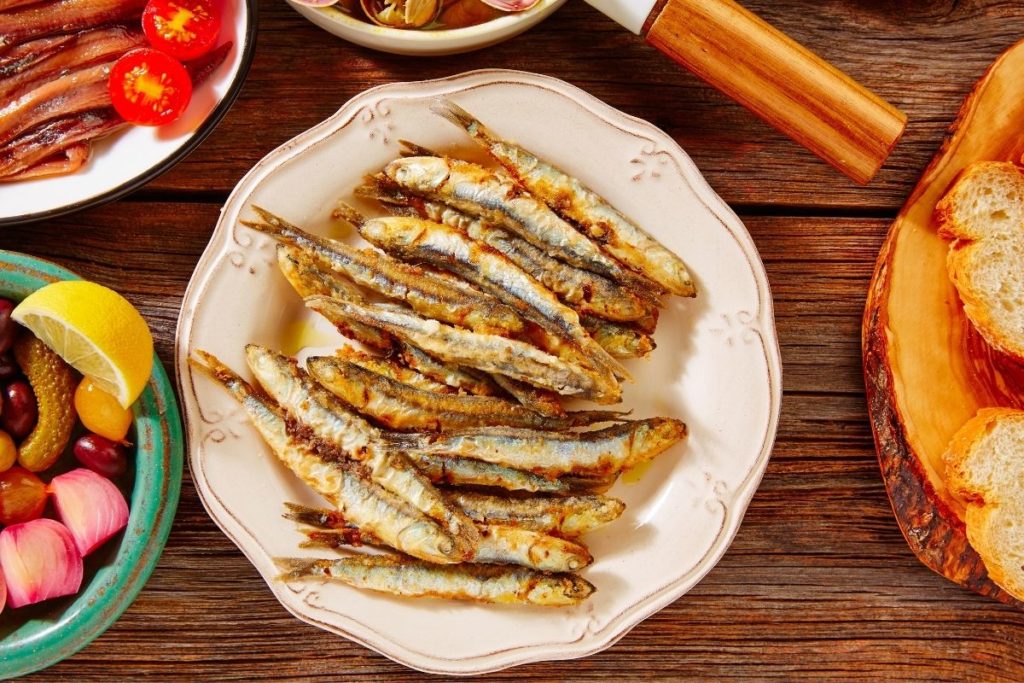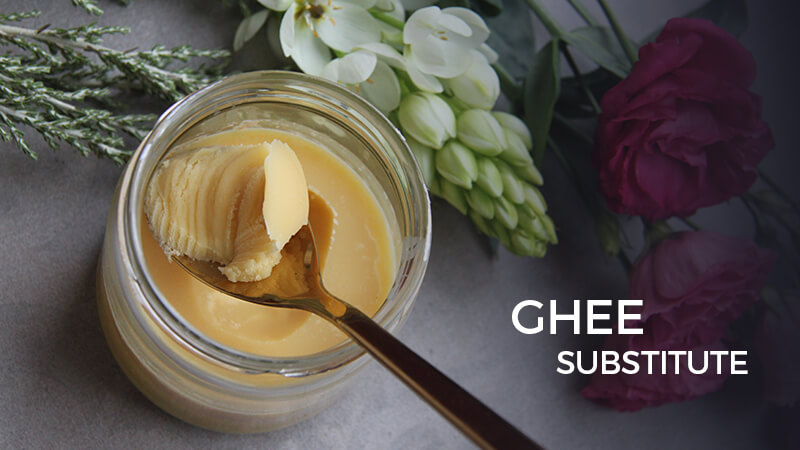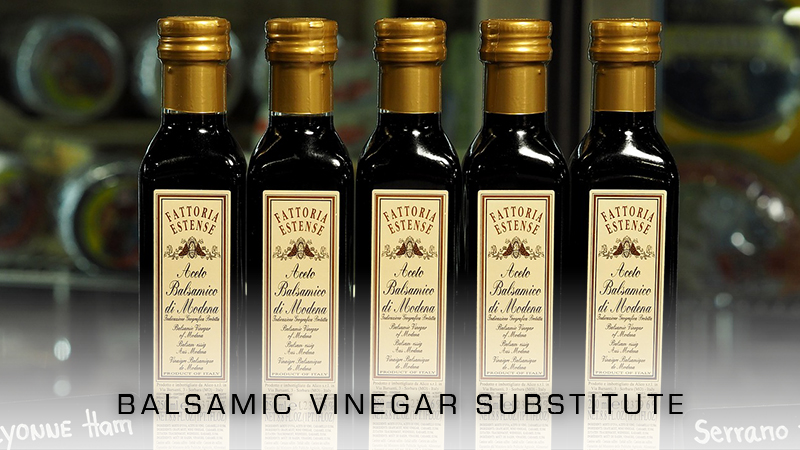6 Best Thyme Substitutes (Updated 2025)
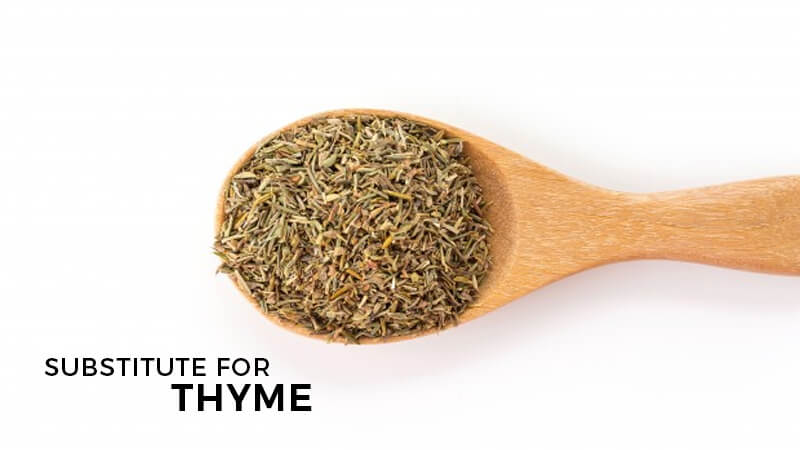
In need of thyme but can’t find it at the store? Don’t worry… in this article, we are going to share the best thyme substitutes you can use in your cooking recipe.
Thyme is one of the most famous herbs used for seasoning meat, soups, and braises. It has a subtle earthy flavor that lightens the gamy taste of lamb and other meat.
While it is common and readily available in grocery stores, there are instances when you run out of this ingredient in your kitchen.
In case you do not have thyme at home, you can use alternative ingredients. Read on as we explore the best substitute for thyme.
Best Thyme Substitutes
Some of the best alternatives to use are also readily available in your kitchen. Here are some of them:
1. Marjoram
Another member of the mint family that is frequently used in Mediterranean cuisine is Marjoram. It tastes woody and has a delicate, sweet flavor used for meat and vegetable dishes.
Marjoram is versatile but has complicated flavor notes similar to thyme.
The aroma is also quite similar to thyme and the taste is closer to balsam-like pine. For every teaspoon of thyme, you can substitute the same amount of marjoram.
2. Italian Seasoning
A popular substitute for thyme is Italian seasoning. It is made up of basil, oregano, thyme, rosemary, sage, and marjoram.
This seasoning is common in Mediterranean cuisine and gives a delicious flavor to a number of dishes.
The exact ingredients and quantities per spice differ by brand. Italian seasoning is perfect for pasta dishes, marinades, soups, and sauces.
For every teaspoon of thyme, you can substitute a teaspoon of Italian seasoning.
3. Herbes De Provence
Just like Italian seasoning, Herbes De Provence consists of dried herbs including bay leaves and lavender flowers.
It originated in the Provence region of southeast France, which was formerly a descriptive term for commercial blends.
Now, you can find Herbes De Provence in different brands including Morton & Bassett, McCormick Gourmet, and The Spice Hunter.
This product is often used in grilled meat such as fish and beef, and the flavor is maintained even after being exposed to high heat.
4. Oregano
If the first three substitutes are not available, you can try dried oregano to substitute thyme. It is intensely aromatic, with minty notes and a bold, earthy flavor.
Like thyme, oregano has a lemony note, which overpowers other flavors if you use too much.
In case you use oregano, remember to use a smaller quantity to avoid intense flavor and aftertaste. For every teaspoon of thyme, you can use slightly less than half a teaspoon of oregano.
5. Tarragon
Have nothing but tarragon in your kitchen? Worry not as you can use it to substitute thyme. The taste is quite similar but a little sweeter and slightly bitter.
If you’re preparing fish or chicken, tarragon is best to use. More than the unique flavor, tarragon is used for its health benefits including reduced water retention, improved digestion, boosted appetite, and promoted sleep.
It is native to Asia and appears flat, narrow, and glossy. Tarragon also has a more pungent aroma similar to anise.
6. Basil
Coming from the same mint family as thyme, basil is also another great substitute for the herb. The fresh variety has licorice notes and can be swapped for dried thyme.
While basil is a bit muted, it has a delicate, sweet flavor that makes dishes taste amazing. Basil is a must-have herb for Italian, Vietnamese, Thai, and Indonesian cuisine, perfect for seasoning traditional pesto and tomato-based pasta sauces.
It is good for digestion, lowers blood sugar, and promotes gut health.
What Is Thyme?
In the past, thyme was used as an antidote to poison, to prevent plague, leprosy, and lice. In ancient Egypt, the herb was also a key element in the mummification process.
To date, thyme still holds significance in culinary creations in different parts of the globe. Many dishes require the minty and piny flavor that thyme provides.
One particular element that describes the taste of thyme is the subtle mint flavor. This is because this herb belongs to the mint family that activates menthol receptors in the mouth.
Thyme has a slightly citrusy flavor, often used in Mediterranean cuisine.
In the Middle East, cooks use thyme in a number of dishes, especially for sauces and rice, as it provides a delicate piny flavor.
The fact that thyme’s flavor does not diminish with heat makes it easy to use for a lot of recipes.
As mentioned, thyme maintains its flavor even when heated and dried. Its leaves are tiny and round, usually clustered around wooded stems. The leaves measure about one-eighth inch in diameter.
Conclusion
There are a number of thyme substitutes that you can use for cooking meat, sauces, and soups.
Try the mentioned alternatives to achieve the sweet, lemony, and earthy flavor of thyme. You can also try other spices that have their own unique flavors.
Print6 Best Thyme Substitutes
Check out these great substitutes for Thyme that have been shared on Pinterest.
Instructions
- Click on each link above to view the pin.
- Learn more about the ingredient.
- Purchase the ingredient.
- Add a substitute to your recipe =)
you may also like
well hello there!

Hi, I'm Linda thanks for stopping by! We're so happy you're here. If you're a foodie and love to cook from home - you're in the right place..
LEARN MORE
free newsletter
Join the mailing list and receive our free newsletter!
recent posts
let's be social
search site
Recipe Marker
Recipe Marker provides you with the best information about home cooking tips, recipes, ingredient substitutes and more. Check out our blog to see the latest articles.
Copyright © 2024 Recipemarker.com | All Rights Reserved | Privacy | Disclaimer | Contact
